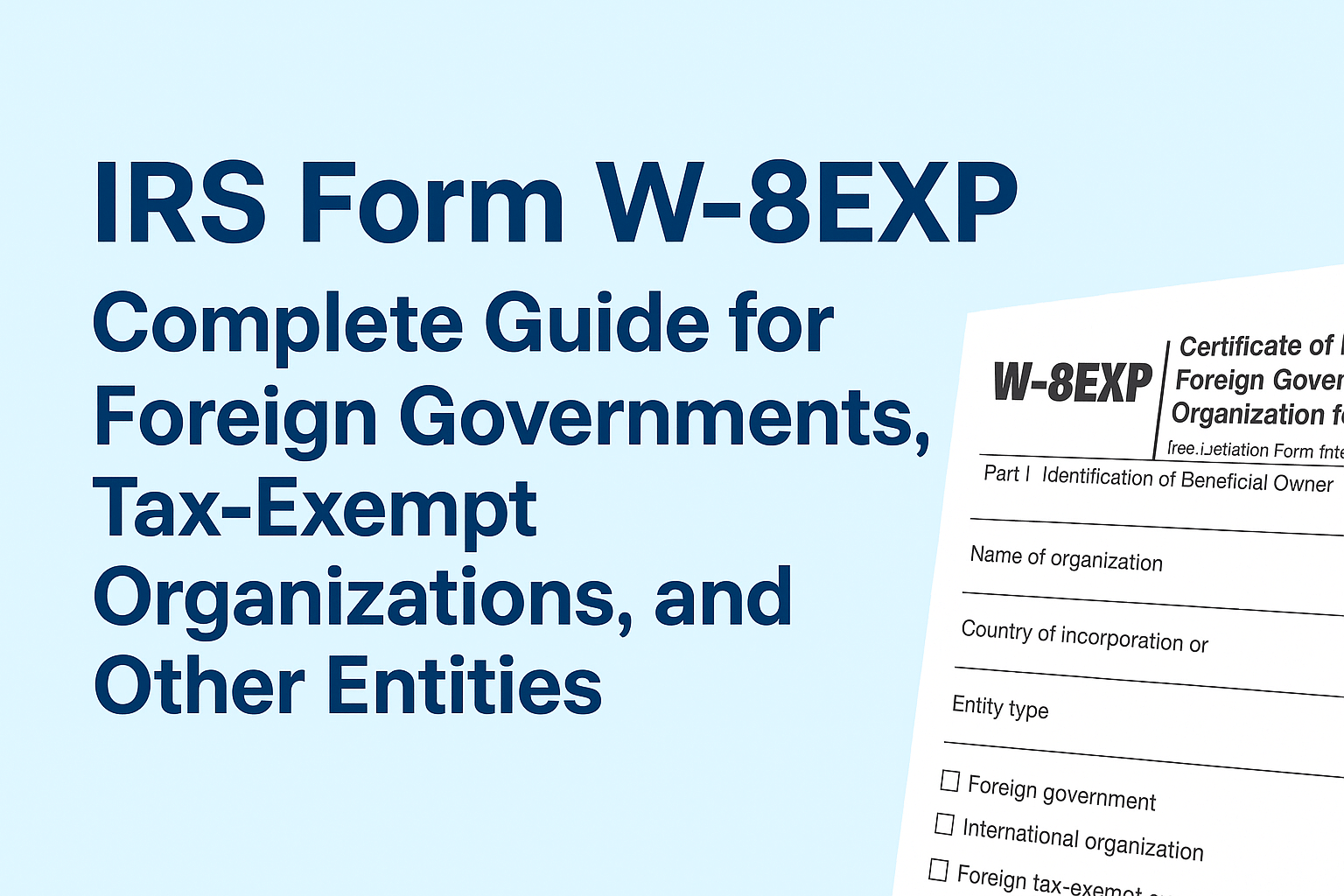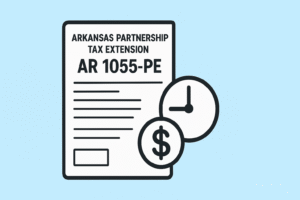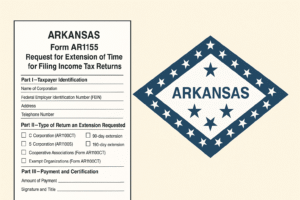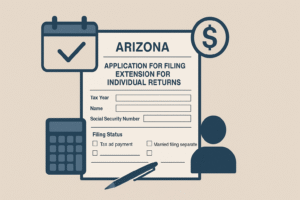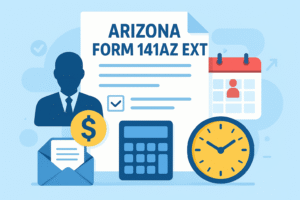Foreign governments, tax-exempt organizations, international foundations, and certain foreign entities often interact with U.S. financial institutions or earn income from U.S. sources. To ensure proper tax treatment, the IRS requires these entities to submit Form W-8EXP (Certificate of Foreign Government or Other Foreign Organization for United States Tax Withholding and Reporting).
This article provides an in-depth look into the purpose of Form W-8EXP, who must file it, detailed part-by-part completion instructions, and how it differs from other W-8 forms.
Purpose of Form W-8EXP
The primary purpose of Form W-8EXP is to establish that a foreign government, tax-exempt organization, international organization, foreign central bank, or similar entity is:
- The beneficial owner of income received from U.S. sources, and
- Entitled to tax exemption or reduced withholding under U.S. Internal Revenue Code sections, tax treaties, or IRS regulations.
Without this form, U.S. withholding agents (such as banks, brokers, or payers of dividends and interest) must assume the entity is subject to 30% withholding tax on U.S. source income.
Who Needs to Submit Form W-8EXP?
The following types of entities are typically required to submit Form W-8EXP:
- Foreign governments and their integral parts or controlled entities
- International organizations
- Foreign central banks of issue
- Foreign tax-exempt organizations
- Foreign private foundations
- Governments of U.S. territories
- Withholding-qualified holders under section 1445
Who Needs to Request Form W-8EXP?
Form W-8EXP must be requested and collected by entities that are responsible for U.S. tax withholding and reporting. These include:
- U.S. Withholding Agents and Payers
- Banks, brokers, and financial institutions making payments of U.S.-source income to foreign exempt entities.
- U.S. insurance companies making annuity or investment-related payments.
- U.S. businesses paying rents, royalties, or dividends to foreign exempt entities.
- Qualified Intermediaries (QIs), Withholding Partnerships (WPs), and Withholding Trusts (WTs)
- These entities collect IRS documentation like Form W-8EXP from their account holders to apply the correct U.S. tax rules.
- U.S. Financial Institutions Holding Accounts for Foreign Entities
- When foreign governments, central banks, or international organizations maintain accounts or investments in the U.S., the institution must request Form W-8EXP to confirm their exemption.
- Entities with FATCA Obligations (Chapter 4 Compliance)
- Any U.S. withholding agent subject to FATCA must collect Form W-8EXP to document the Chapter 4 status of certain exempt foreign entities.
In short – Any person or institution making or processing U.S.-source payments to eligible foreign governments, central banks, international organizations, or tax-exempt entities must request Form W-8EXP to ensure withholding is correctly applied.
Who Is a Beneficial Owner?
In tax terms, a beneficial owner is the actual entity that:
- Owns or has the right to use the income (interest, dividends, royalties, rents, etc.), and
- Is not merely acting as an intermediary, nominee, or agent for another party.
For Form W-8EXP, the beneficial owner is usually the foreign government, international organization, or tax-exempt entity itself.
What Is Chapter 4 Status?
Chapter 4 of the Internal Revenue Code (FATCA – Foreign Account Tax Compliance Act) requires foreign entities to identify their classification for U.S. tax compliance. For Form W-8EXP, the entity must declare its Chapter 4 (FATCA) status, which may include:
- Foreign financial institution categories (participating, Model 1 or 2 FFI, deemed-compliant, nonreporting IGA FFI, territory financial institution)
- International organization
- Foreign government or U.S. territory government
- Foreign central bank of issue
- Exempt retirement plan of foreign government
- 501(c) organization
- Passive NFFE or direct-reporting NFFE
This classification helps withholding agents determine reporting and exemption rules under FATCA.
What Is Chapter 3 Status?
Chapter 3 of the Internal Revenue Code deals with U.S. withholding tax on income paid to foreign persons.
For Form W-8EXP, Chapter 3 status determines whether the entity:
- Qualifies for exemption from withholding under U.S. law,
- Is entitled to reduced withholding under a tax treaty, or
- Is subject to the full 30% statutory withholding if no exemption applies.
How Often Do You Need to Submit a Form W-8EXP?
A valid Form W-8EXP generally remains effective until the last day of the third calendar year following the year in which it is signed.
- Example: If signed on July 15, 2025, it remains valid until December 31, 2028.
If the entity’s status or any information changes (for example, losing tax-exempt status), a new form must be filed within 30 days.
How to Fill Out Form W-8EXP: Part-by-Part Instructions
The IRS Form W-8EXP has four parts. Here’s how to complete each section accurately.
Part I – Identification of Beneficial Owner
- Line 1: Enter the full legal name of the organization.
- Line 2: Country of incorporation or organization.
- Line 3: Check the box for the correct entity type (foreign government, international organization, foreign central bank, foreign tax-exempt organization, private foundation, U.S. territory government, or withholding-qualified holder).
- Line 4: Select your Chapter 4 (FATCA) status.
- Line 5: Permanent residence address in the entity’s country of residence (no P.O. boxes).
- Line 6: Mailing address, if different.
- Line 7: U.S. taxpayer identification number (if required).
- Line 8a: GIIN (Global Intermediary Identification Number), if applicable.
- Line 8b: Foreign TIN, if required.
- Line 9: Reference number(s), if applicable.
Part II – Qualification Statement for Chapter 3 Status
Here you certify the legal basis for your exemption. Depending on your entity type, complete the applicable line(s):
- Line 10: Foreign government – specify whether integral part or controlled entity, and confirm no commercial activity if applicable.
- Line 11: International organization – certify qualification as defined under U.S. law.
- Line 12: Foreign central bank of issue – certify that income is not from commercial banking activities.
- Line 13: Foreign tax-exempt organization or private foundation – provide supporting documents such as IRS determination letter or legal opinion.
- Line 14: Government of a U.S. territory – certify exemption under section 115(2).
- Line 15: Withholding-qualified holder under section 1445 – certify status as either a qualified holder or foreign partnership wholly owned by qualified holders.
Part III – Qualification Statement for Chapter 4 Status
Complete this section only if you selected a Chapter 4 status in Part I, Line 4. Options include:
- Line 16: Nonreporting IGA FFI.
- Line 17: Territory financial institution.
- Line 18: Foreign government, U.S. territory government, or foreign central bank certifying no disallowed commercial activities.
- Line 19: Exempt retirement plan of foreign government (with specific sub-options).
- Line 20: 501(c) organization.
- Line 21: Passive NFFE (either with no substantial U.S. owners or with such owners disclosed).
- Line 22: Direct-reporting NFFE (enter sponsor’s name, if any).
Part IV – Certification
The authorized representative or officer of the organization must:
- Sign and date the form,
- Print their name,
- State their capacity (e.g., officer, trustee, director), and
- Certify, under penalties of perjury, that all information is accurate and that the entity is the beneficial owner entitled to the claimed exemptions.
What Happens If You Miss Submitting Form W-8EXP?
Failure to provide a valid Form W-8EXP may result in:
- 30% withholding tax on U.S. source income,
- Loss of exemption or treaty benefits, and
- Compliance and reporting issues with U.S. financial institutions.
Submitting the form timely ensures correct tax treatment.
Difference Between W-8EXP vs. W-8BEN
While both forms establish foreign status, W-8EXP applies to entities like governments and nonprofits, whereas W-8BEN is for individuals
| Feature | Form W-8EXP | Form W-8BEN |
| Purpose | For foreign governments, tax-exempt organizations, international organizations, central banks, and U.S. territory governments | For individual foreign persons to claim treaty benefits |
| Beneficial Owner | Entity (organization, government, foundation) | Individual (non-U.S. person) |
| Chapters Covered | Both Chapter 3 (withholding) and Chapter 4 (FATCA) | Primarily Chapter 3 (withholding) |
| Complexity | Entity-focused, requires FATCA classification | Simpler, individual-focused |
FAQs on Form W-8EXP
1. What is FTIN?
A Foreign Taxpayer Identification Number issued by the entity’s country of residence.
2. What types of entities should report W-8EXP?
Foreign governments, international organizations, central banks, foreign tax-exempt entities, private foundations, and U.S. territory governments.
3. What is an FFI?
An FFI (Foreign Financial Institution) includes banks, brokers, investment funds, and insurance companies. Some are exempt from FATCA under W-8EXP.
4. What is an NFFE?
A Non-Financial Foreign Entity. This refers to entities not engaged primarily in financial business, such as manufacturing companies, holding companies, or foreign charities.
Final Thoughts
Form W-8EXP plays a critical role in ensuring that foreign governments, international organizations, and tax-exempt entities receive the correct tax treatment on U.S. source income. By accurately completing and timely submitting this form, entities avoid unnecessary withholding taxes and remain compliant with both Chapter 3 withholding rules and Chapter 4 FATCA requirements.
If you represent a qualifying entity, it is essential to understand your status and file a valid W-8EXP whenever required.

